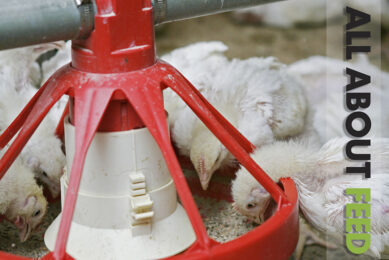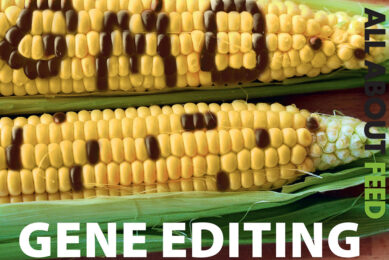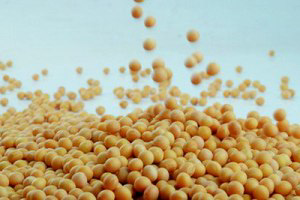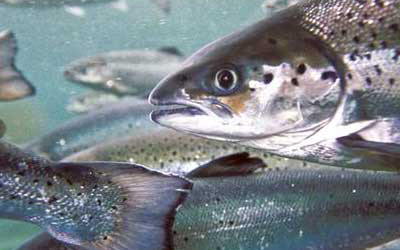Wheat growers oppose mandatory GM labelling
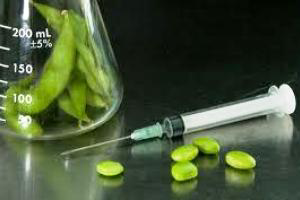
Though GM wheat is not yet commercially available, the Washington Association of Wheat Growers formally opposes Initiative 522 in it’s entirety.
“This initiative is full of contradictory rules,” said WAWG Past President and State Legislation committee chairman, Eric Maier. “A food made of genetically modified ingredients would require labeling when sold in grocery stores, but not in restaurants or delis. That just doesn’t make sense.” Maier grows wheat near Ritzville, Wash., the heart of dryland wheat country. Maier also believes the exemption for alcohol, but not other drinks, would mislead consumers. The proposed mandatory labeling law will not provide any useful information, and US policy on food labeling is that it should provide meaningful information about health or safety.
According to the association there is no genetically modified wheat in commercial production in Washington State or elsewhere in the United States. The industry is pursuing genetic modification to grow more and better wheat with less impact on the environment, such as reducing chemical usage. Washington State University researchers are also looking for ways to enhance wheat through genetic modification to allow those with wheat intolerance or celiac disease to eat wheat.
The Washington Association of Wheat Growers (WAWG) is a grassroots organisation representing farmers who support the pursuit of new technologies, including genetic modification, to solve pressing environmental and production problems. The safety and quality of our products is our No. 1 priority.
Some have tried to mislead the public claiming that export market disruption will be avoided with the passage of I-522. This initiative has nothing to do with export markets. It is about creating an unnecessary and expensive regulatory system that will ultimately hit Washington consumers in the pocketbook.
The initiative is about labeling food products in Washington. Export markets already import genetically modified products such as corn and soybeans. Others prefer buying non-GM products. Some markets buy both. Export markets don’t make purchase decisions based on whether Washington has a labeling law or not.
The FDA and USDA currently provide clear guidelines for voluntary labels to aid consumers who make a personal decision not to consume food made from genetically modified ingredients. The FDA allows producers to label their products as ‘GM Free’ if the claim is accurate. The USDA runs the National Organic Program, a certification which allows producers to label products as ‘Certified Organic’ if they follow certain production standards. Foods with these labels by definition cannot contain any genetically modified material. Existing regulations provide consumers with information and ample ability to choose not to purchase foods that have been genetically modified.




